Outer space faces a critical challenge in the form of space debris. The increasing cloud of debris poses risks to existing satellites, missions, and the future of space activities. To tackle this pressing issue, concerted efforts and a proactive approach are essential.
The recent Zero Debris Operations Workshop, held from 27th to 29th June 2023 at ESOC, ESA’s Space Operations Center, brought together over 100 participants from nearly 60 entities including Large Systems Integrators (LSI), national space agencies, insurers, startups, New-Space companies, Operators, In-Orbit Services providers, investors, technical experts. gathered to collectively develop the Zero Debris approach and bring Europe to the forefront of space sustainability. This remarkable turnout underscores the strong commitment of the European space sector towards addressing space debris and advancing space sustainability.
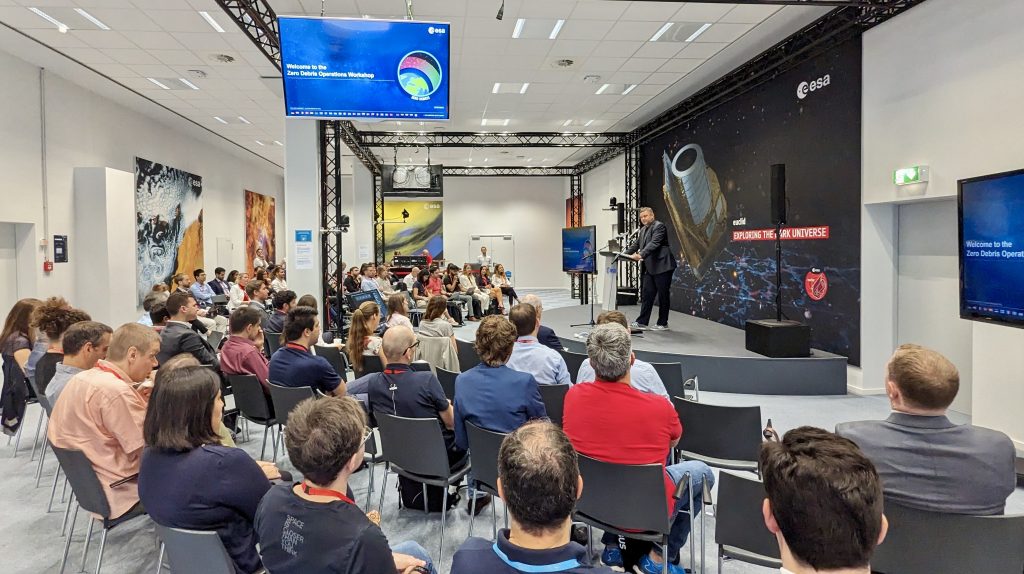
The workshop aimed to achieve two key objectives. Firstly, the objective was to raise awareness and involve the interested partners in the technical definition of the Zero Debris approach. Secondly, it aimed to consolidate the technical and operational recommendations, requirements, and technology roadmaps. For this, working sessions took place on most critical topics such as collision risk assessment, improved disposal strategies, dark and quiet skies, collision avoidance, probability of successful disposal and health monitoring, close proximity operations, design for removal.
The Zero Debris Approach
The ESA Zero Debris approach embodies the Agency’s commitment to lead by example on the long-term sustainability of space. Building upon the work done by the Space Safety Programme, ESA aims to develop and implement by 2030 the most ambitious commitments on space debris mitigation and remediation, and stop the generation of debris in valuable orbits. As an initial step, ESA has already started to evolve its own policy and standards on Space Debris Mitigation, with the aim of completion by the end of 2023.
The Zero Debris Charter
Recognizing the transformative potential of the Zero Debris approach and encouraged by our Member States, ESA aims to foster the broad engagement of the space sector in the Zero Debris approach. The Zero Debris Charter, promoted by ESA’s PROTECT accelerator, aims to to unite forward-thinking actors, public and private, around shared, ambitious, and measurable targets to advance towards a safe and sustainable use of space.
Key Discussions and Panels
The workshop featured panels and working sessions that provided insights and fostered collaborative discussions on key topics. Notably, the first panel, “Driving Zero Debris: Commitment and Implementation in the European Space Industry,” saw participants from systems integrators, spacecraft operators and space surveillance and tracking systems operators – naming GMV, Avanti, OHB, and Eutelsat, – sharing their perspectives on aligning the Zero Debris approach with their corporate sustainability strategies and contributions to halt debris generation by 2030. Another panel, “Investing in a Debris-Free Future: The Role of Insurers and Investors in Zero Debris Charter,” explored the involvement of insurers and investors – Munich Re and Hiscox – in co-developing effective strategies for a debris-free space environment.
Workshop Insights and Way Forward
Recognizing the importance of collaboration, ESA proactively engages with experts across the entire European space sector, fostering a collective approach from design to end-of-life. Consequently, in-depth discussions were held on key topics such as collision risk assessment, improved disposal strategies, dark and quiet skies, collision avoidance, probability of successful disposal and health monitoring, close proximity operations, design for removal, and more. These discussions generated valuable feedback highlighting in particular:
- Requirements should adapt dynamically to the environment evolution – e.g. imposing a limit on the cumulative probability of collision means that if the environment becomes more crowded, active space objects will have to deorbit to a lower orbit to be compliant, but clear rationales for the defined criteria are needed as well as publicly accessible and standardized verification methods,
- Standards and procedures to foster a more transparent exchange of information among different stakeholders are necessary – e.g. systematic information exchange between manufacturers can improve failure prediction, data shared between manufacturers and in-orbit service providers can help define interfaces for removal, operators and astronomers could share data to avoid interference in visual and radio astronomy, etc.
- Coordination and engagement with the broader space community is key to be sure of considering best practices, know-how and needs of different stakeholders in the requirement drafting, support definition of sustainability criteria and verification methods.
- Several knowledge gaps still persist and will require further work before they can become measurable and verifiable requirements e.g. spacecraft design to guarantee dark and quiet skies. The stepped approach in the inception of new requirements and progressive evolution of the defined thresholds, as ESA is implementing in the Zero Debris approach, will encourage the advancement of the state of the art.
- Investment is needed in the coming years to foster technological innovation and demonstration that will enable the achievement of the 2030 Zero Debris targets.
The Zero Debris requirements will be iterated to address the needs that emerged during the workshop.
Conclusion: A Shared Responsibility and Continued Progress
Safeguarding our space environment demands collective action and continuous efforts from all stakeholders involved in space activities. The Zero Debris Operations Workshop showcased the commitment of the European space sector to address the challenges of space debris and advance space sustainability. By embracing the Zero Debris approach and the principles outlined in the future Zero Debris Charter, stakeholders are taking tangible steps toward a cleaner and safer space domain. As discussions and initiatives continue, collaboration, innovation, and the proactive adoption of new technologies will pave the way for a sustainable future in space.
Your active participation and feedback are crucial in shaping a sustainable space environment, and we invite you to join the ongoing dialogue within the Zero Debris Community.
Together, we can make a significant impact and ensure the future of space activities remains secure, sustainable, and free from the hazards of space debris.
Related content
- ESA Zero Debris Operations Workshop
- Introduction to the Zero Debris approach Presentation
- Learn more about the Zero Debris approach
- Zero Debris Operations Workshop Wrap-up Presentation
- Watch the replay of the announcement of the Zero Debris charter at Le Bourget
- Learn more about the zero debris charter
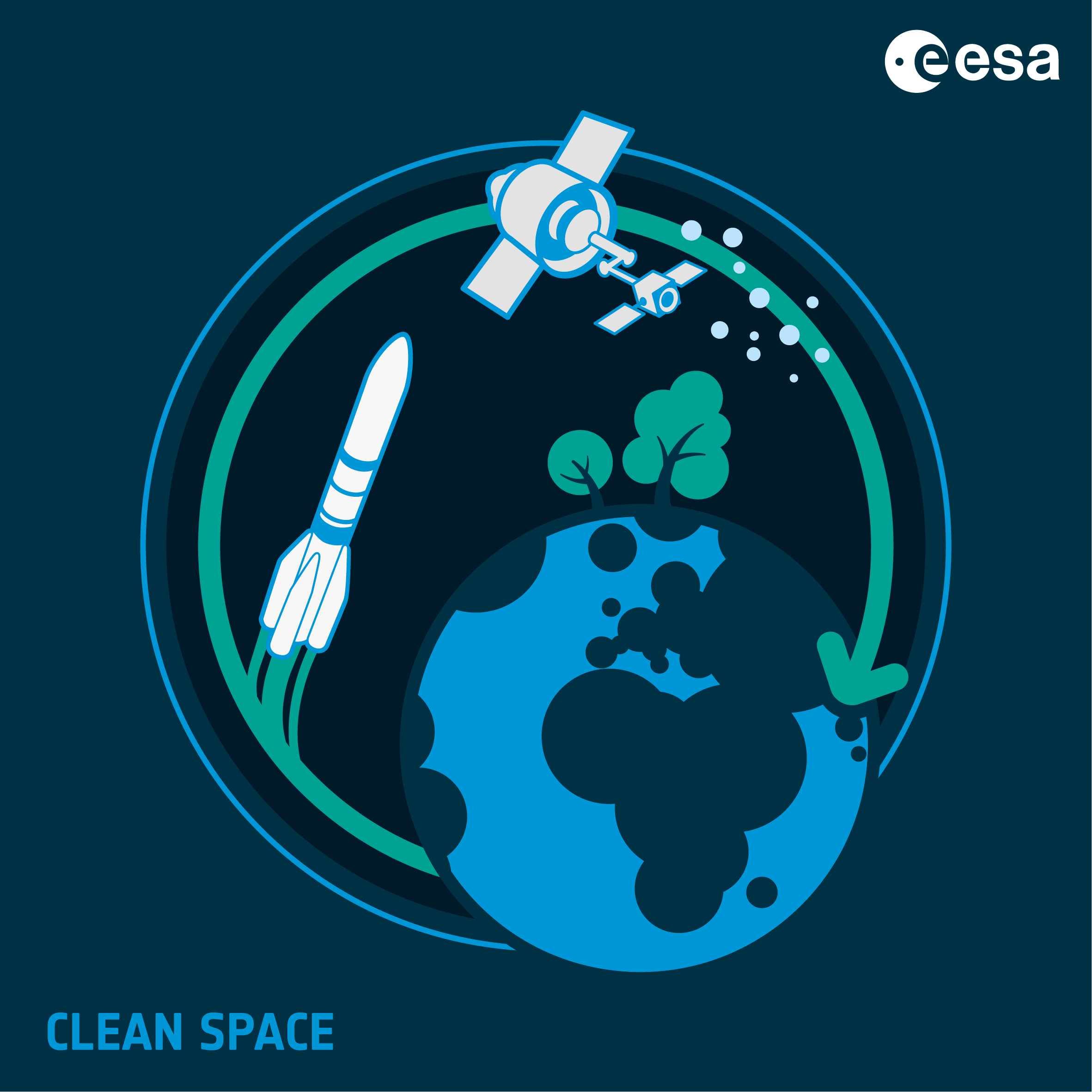

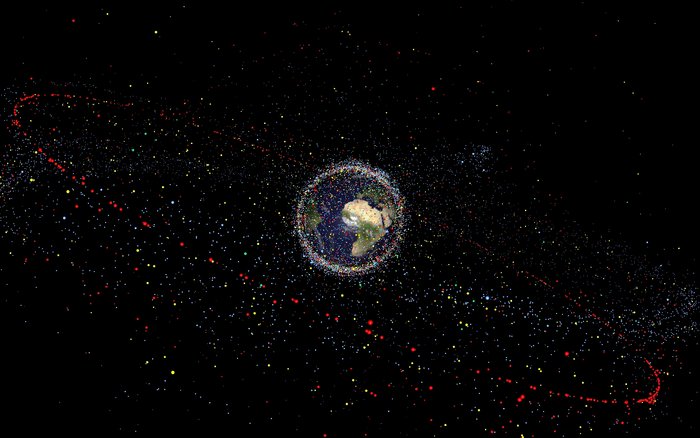
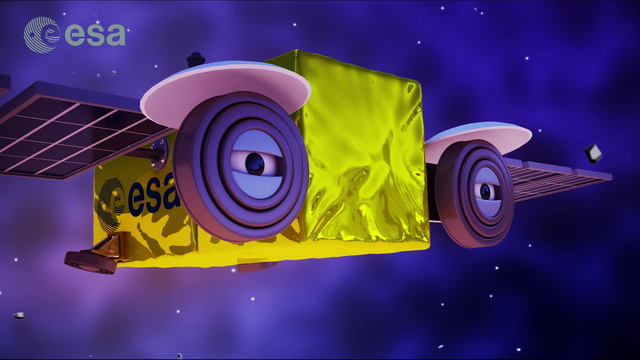
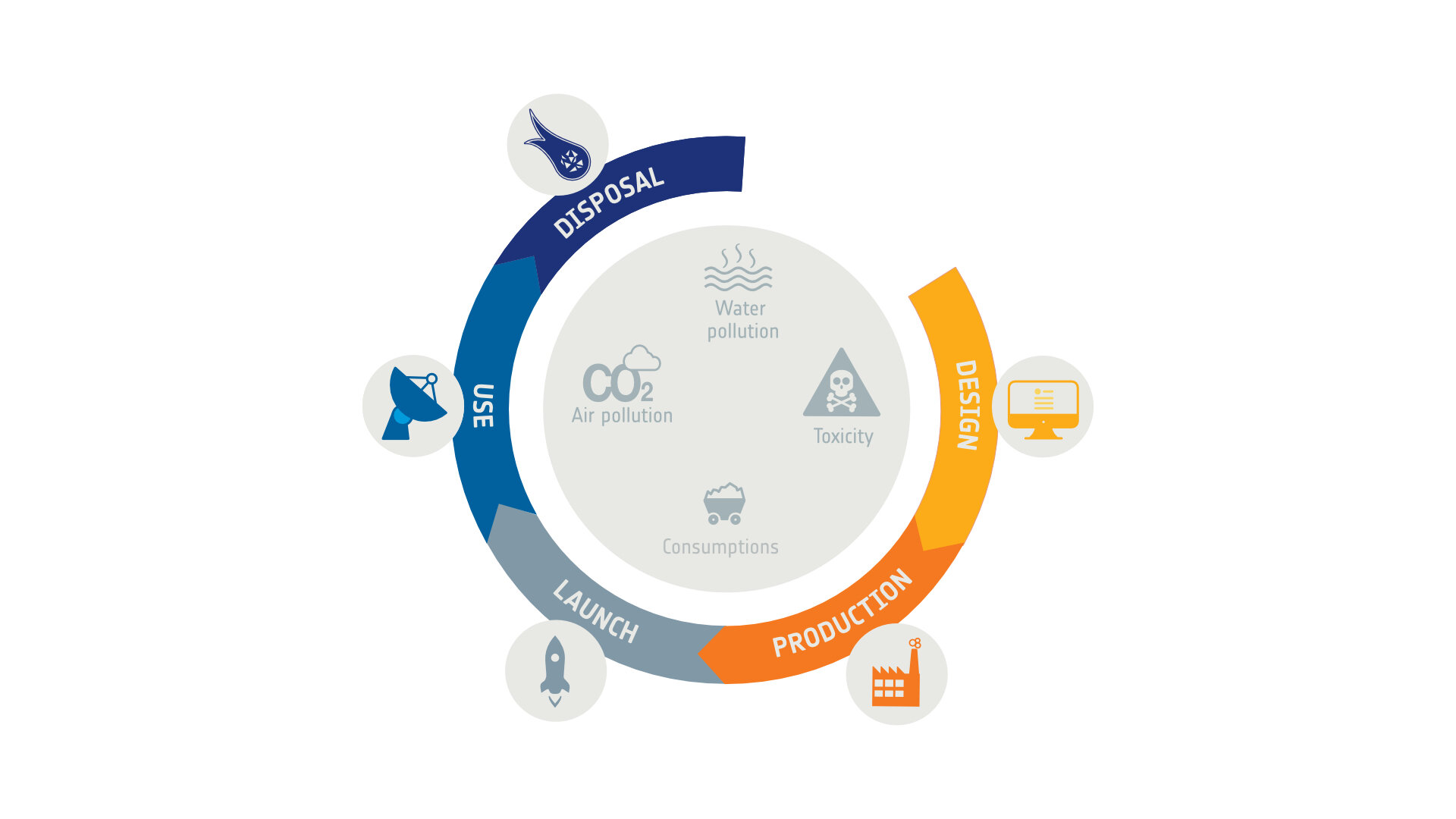
Discussion: no comments